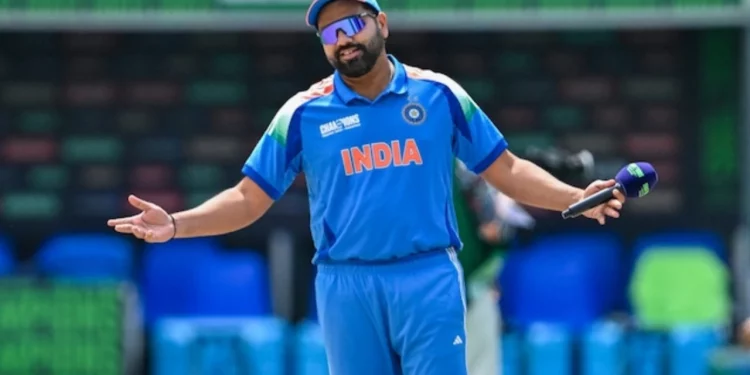Ajit Agarkar, India’s chief selector, has provided an explanation for the decision to replace Rohit Sharma as captain for ODIs with Shubman Gill. Agarkar believed there would be little opportunity to test the leadership abilities as India gets ready for the 2027 ODI World Cup in South Africa, Zimbabwe, and Namibia because the 50-over format would be taking a backseat in the international schedule.
India would have had three different leaders for three formats if Rohit Sharma had continued to command the ODI team, something Agarkar called “practically impossible.”
“Having three captains across formats is practically impossible,” Agarkar declared upon the announcement of India’s squad. We decided it was time for a new captain because the next World Cup is in 2027. In the upcoming years, there won’t be many ODIs, and the new skipper needs time and chances to assemble his team.
Given that he is the captain of the Test and ODI teams and Suryakumar Yadav’s vice-captain of the T20I team, the decision effectively places Gill in a leadership role in all three formats.
In the meantime, Gill and Rohit Sharma, who was selected in the ODI team with Virat Kohli, will begin the batting.
In March 2025, while India was winning the Champions Trophy under his guidance, he made his final appearance for his country.
When Rohit Sharma took over as India’s full-time ODI captain in December 2021 as Kohli’s replacement, he enjoyed an incredible run, winning 42 of the 56 ODIs he captained, or a 75 percent victory ratio. India only dropped 12 games, with one each ending in a draw with no outcome.
After winning the 2018 Asia Cup as a stand-in captain and the 2023 Asia Cup as the team’s full-time captain, Rohit had some success at multi-team competitions as captain. Under his leadership, India advanced to the 2023 ODI World Cup final, where they lost to Australia to finish as runners-up. Rohit’s 2025 Champions Trophy victory marked the end of his ODI leadership career.







